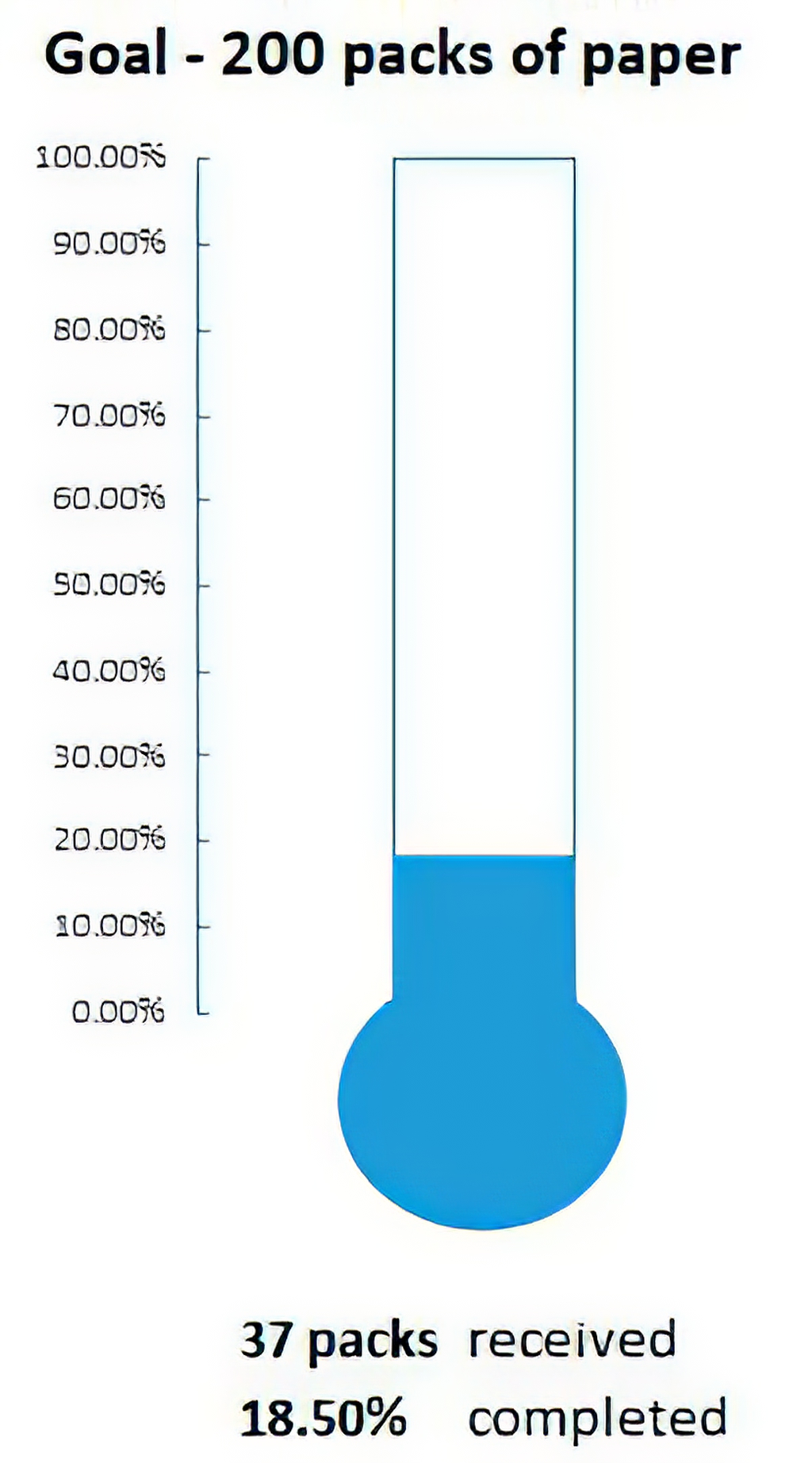
Psalm 74:17 You have fixed all the boundaries of the earth; you have made summer and winter.
Luke 21:30 As soon as they come out in leaf, you see for yourselves and know that the summer is already near.
Luke 21:29-36 And he told them a parable: “Look at the fig tree, and all the trees. As soon as they come out in leaf, you see for yourselves and know that the summer is already near. So also, when you see these things taking place, you know that the kingdom of God is near. Truly, I say to you, this generation will not pass away until all has taken place. Heaven and earth will pass away, but my words will not pass away.
Psalm 32:4 For day and night your hand was heavy upon me; my strength was dried up as by the heat of summer. Selah
Genesis 8:22 While the earth remains, seedtime and harvest, cold and heat, summer and winter, day and night, shall not cease.”
Mark 13:28 “From the fig tree learn its lesson: as soon as its branch becomes tender and puts out its leaves, you know that summer is near.
Matthew 24:32 “From the fig tree learn its lesson: as soon as its branch becomes tender and puts out its leaves, you know that summer is near.
Proverbs 26:1 Like snow in summer or rain in harvest, so honor is not fitting for a fool.
Amos 8:1 This is what the Lord God showed me: behold, a basket of summer fruit.
Jeremiah 8:20 “The harvest is past, the summer is ended, and we are not saved.”
James 1:17 Every good gift and every perfect gift is from above, coming down from the Father of lights with whom there is no variation or shadow due to change.
Jeremiah 40:10 As for me, I will dwell at Mizpah, to represent you before the Chaldeans who will come to us. But as for you, gather wine and summer fruits and oil, and store them in your vessels, and dwell in your cities that you have taken.”
Proverbs 10:5 He who gathers in summer is a prudent son, but he who sleeps in harvest is a son who brings shame.
Proverbs 6:6-8 Go to the ant, O sluggard; consider her ways, and be wise. Without having any chief, officer, or ruler, she prepares her bread in summer and gathers her food in harvest.
Isaiah 16:9 Therefore I weep with the weeping of Jazer for the vine of Sibmah; I drench you with my tears, O Heshbon and Elealeh; for over your summer fruit and your harvest the shout has ceased.
Proverbs 30:25 The ants are a people not strong, yet they provide their food in the summer;
Matthew 13:1-58 That same day Jesus went out of the house and sat beside the sea. And great crowds gathered about him, so that he got into a boat and sat down. And the whole crowd stood on the beach. And he told them many things in parables, saying: “A sower went out to sow. And as he sowed, some seeds fell along the path, and the birds came and devoured them. Other seeds fell on rocky ground, where they did not have much soil, and immediately they sprang up, since they had no depth of soil,
Amos 8:2 And he said, “Amos, what do you see?” And I said, “A basket of summer fruit.” Then the Lord said to me, “The end has come upon my people Israel; I will never again pass by them.
Amos 3:15 I will strike the winter house along with the summer house, and the houses of ivory shall perish, and the great houses shall come to an end,” declares the Lord.
Jeremiah 40:12 Then all the Judeans returned from all the places to which they had been driven and came to the land of Judah, to Gedaliah at Mizpah. And they gathered wine and summer fruits in great abundance.
Isaiah 28:4 And the fading flower of its glorious beauty, which is on the head of the rich valley, will be like a first-ripe fig before the summer: when someone sees it, he swallows it as soon as it is in his hand.
2 Samuel 16:2 And the king said to Ziba, “Why have you brought these?” Ziba answered, “The donkeys are for the king’s household to ride on, the bread and summer fruit for the young men to eat, and the wine for those who faint in the wilderness to drink.”
1 Thessalonians 4:16 For the Lord himself will descend from heaven with a cry of command, with the voice of an archangel, and with the sound of the trumpet of God. And the dead in Christ will rise first.
Acts 1:8 But you will receive power when the Holy Spirit has come upon you, and you will be my witnesses in Jerusalem and in all Judea and Samaria, and to the end of the earth.”
John 14:3 And if I go and prepare a place for you, I will come again and will take you to myself, that where I am you may be also.
John 13:35 By this all people will know that you are my disciples, if you have love for one another.”
Micah 7:1 Woe is me! For I have become as when the summer fruit has been gathered, as when the grapes have been gleaned: there is no cluster to eat, no first-ripe fig that my soul desires.
Daniel 9:27 And he shall make a strong covenant with many for one week, and for half of the week he shall put an end to sacrifice and offering. And on the wing of abominations shall come one who makes desolate, until the decreed end is poured out on the desolator.”
Daniel 2:35 Then the iron, the clay, the bronze, the silver, and the gold, all together were broken in pieces, and became like the chaff of the summer threshing floors; and the wind carried them away, so that not a trace of them could be found. But the stone that struck the image became a great mountain and filled the whole earth.
Jeremiah 48:32 More than for Jazer I weep for you, O vine of Sibmah! Your branches passed over the sea, reached to the Sea of Jazer; on your summer fruits and your grapes the destroyer has fallen.
Judges 3:24 When he had gone, the servants came, and when they saw that the doors of the roof chamber were locked, they thought, “Surely he is relieving himself in the closet of the cool chamber.”
Judges 3:20 And Ehud came to him as he was sitting alone in his cool roof chamber. And Ehud said, “I have a message from God for you.” And he arose from his seat.
Exodus 20:10 But the seventh day is a Sabbath to the Lord your God. On it you shall not do any work, you, or your son, or your daughter, your male servant, or your female servant, or your livestock, or the sojourner who is within your gates.
Hebrews 13:4 Let marriage be held in honor among all, and let the marriage bed be undefiled, for God will judge the sexually immoral and adulterous.
Luke 21:20-24 “But when you see Jerusalem surrounded by armies, then know that its desolation has come near. Then let those who are in Judea flee to the mountains, and let those who are inside the city depart, and let not those who are out in the country enter it, for these are days of vengeance, to fulfill all that is written. Alas for women who are pregnant and for those who are nursing infants in those days! For there will be great distress upon the earth and wrath against this people. They will fall by the edge of the sword and be led captive among all nations, and Jerusalem will be trampled underfoot by the Gentiles, until the times of the Gentiles are fulfilled.
2 Samuel 16:1 When David had passed a little beyond the summit, Ziba the servant of Mephibosheth met him, with a couple of donkeys saddled, bearing two hundred loaves of bread, a hundred bunches of raisins, a hundred of summer fruits, and a skin of wine.


 Beginning on Pentecost 2, we enter the Church year known as Ordinary Time. After Easter, Jesus’s ascension into heaven, and the coming of the Holy Spirit to us at Pentecost, we accept responsibility for being and becoming Christ’s body in the world. We are called by Jesus to live in community, our lives together guided not only by the example of Jesus, but by the guidance of the Holy Spirit.
Beginning on Pentecost 2, we enter the Church year known as Ordinary Time. After Easter, Jesus’s ascension into heaven, and the coming of the Holy Spirit to us at Pentecost, we accept responsibility for being and becoming Christ’s body in the world. We are called by Jesus to live in community, our lives together guided not only by the example of Jesus, but by the guidance of the Holy Spirit. 


 But what does “taking up the cross” mean? This is the first reference to “the cross” in Matthew, and Jesus uses it as a metaphor for the difficult work of embracing an unconventional life of intense, generous commitment to God’s mission — a willingness, as Jesus sums it up, to “lose their life” in order to “find it” (Matthew 10:39). According to this ideal picture, following Jesus means making God’s mission of love and justice the first priority in our lives, even above family and livelihood (Matthew 10:35-37; 10:9-10). It means being willing to confront and conflict with death-dealing powers, so much so that — even as genuine peacemaking remains the ultimate goal — it may well initially appear as though we “have not come to bring peace, but a sword” (Matthew 5:9; 10:34).
But what does “taking up the cross” mean? This is the first reference to “the cross” in Matthew, and Jesus uses it as a metaphor for the difficult work of embracing an unconventional life of intense, generous commitment to God’s mission — a willingness, as Jesus sums it up, to “lose their life” in order to “find it” (Matthew 10:39). According to this ideal picture, following Jesus means making God’s mission of love and justice the first priority in our lives, even above family and livelihood (Matthew 10:35-37; 10:9-10). It means being willing to confront and conflict with death-dealing powers, so much so that — even as genuine peacemaking remains the ultimate goal — it may well initially appear as though we “have not come to bring peace, but a sword” (Matthew 5:9; 10:34).






